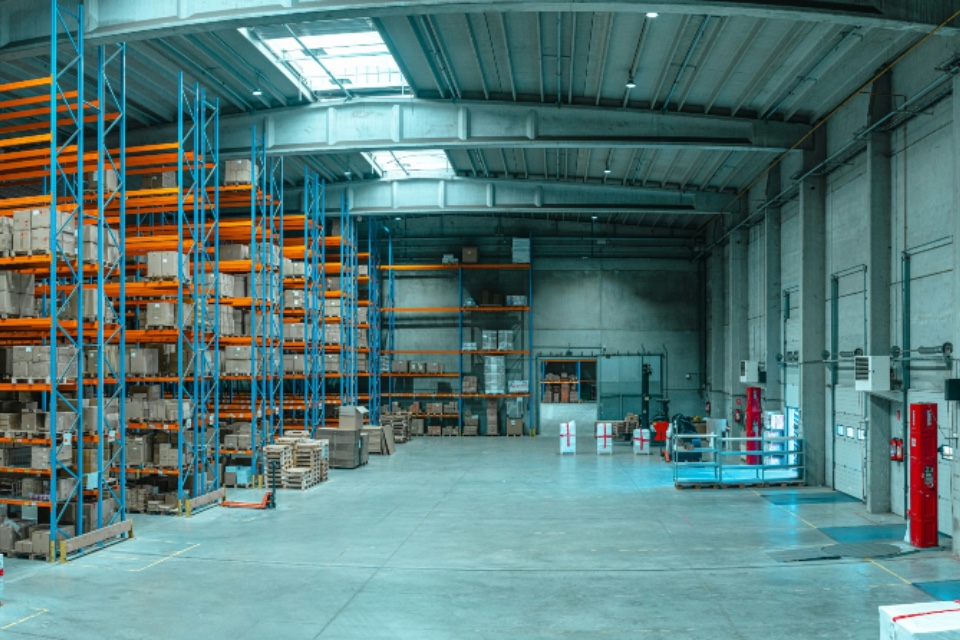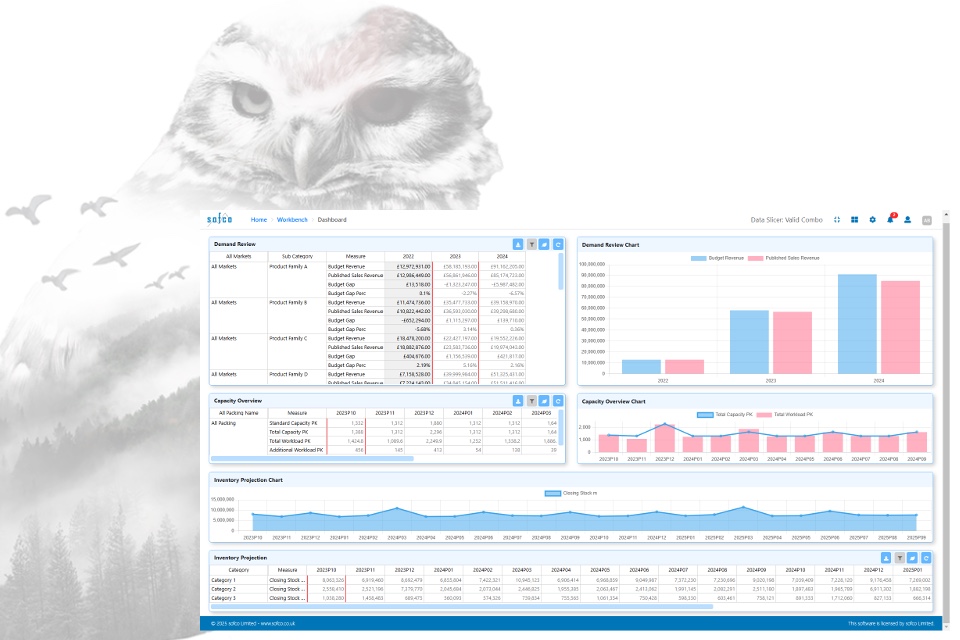Selecting the right technologies plays a pivotal role in facilitating connectivity, driving efficiencies, and ensuring seamless operations as businesses scale and become more complex. A key consideration for many large-scale enterprises is the adoption of an Enterprise Resource Planning (ERP) system. However, the question arises: is an ERP solution really the right technology solution for ambitious online retailers?
Simon Curd, Chief Product Officer at Linnworks, discusses what an ERP system is and why it might not be the best solution for an ambitious online retailer…
When does a retailer need an ERP?
ERP systems are designed to empower retailers with informed decision-making, trend identification, and the ability to respond swiftly to changes, ultimately reducing costs and providing a more customer-centric shopping experience. Additionally, they streamline communication between departments, enhancing collaboration and efficiency, especially in areas like HR and finance where data centralisation can simplify payroll, employee management, and financial processes.
While the idea of having one system to run your entire business may sound attractive, for many businesses, an ERP system may create more problems than it solves.
Determining the right time for an ERP implementation can be a puzzle for retailers. While there are clear advantages for large-scale enterprise, the complexity, cost, and lack of flexibility can outweigh the benefits for smaller businesses.
Typically, it’s when a business surpasses a revenue threshold of $100 million or more that the need for comprehensive reporting functionalities drives them towards adopting an ERP solution. But, it’s often the business’s need to manage its financial reporting beyond the scope of a more focused accounting package that pushes it toward deploying an ERP solution. However, deploying an ERP system does not come without its risks…
Navigating the risks: Is an ERP an unnecessary expense?
It’s common knowledge that implementing any ERP system is a lengthy and costly process and one that rarely runs smoothly.
The sheer scale of the project often limits the agility of retailers to adapt their strategy post implementation. This lack of flexibility creates a problem for many online retailers operating in what is still a rapidly evolving and, at times, volatile industry. According to Gartner, between 55% and 75% of all ERP implementations fail, presenting a substantial risk. Even partial failures that necessitate businesses to retain legacy systems add complexity and potential confusion across the company.
To suit the businesses’ specific needs, customisation is crucial, but it comes at an ongoing cost alongside the initial investment and support fees. Therefore, having the right in-house resources is essential to manage both the implementation and ongoing maintenance effectively.
Building an agile ecommerce business
While modern businesses increasingly demand more sophisticated reporting tools to drive their operations, the scale, complexity, and cost of an ERP system may actually hinder an online retailer’s growth. Rushing into ERP too early may restrict the ability to handle new business opportunities because of their lack of agility. Often, businesses revert to their original specialist systems introducing extra layers of complexity and cost which may ultimately corrupt the information managed by the ERP.
Instead of a one-size-fits-all approach, retailers should look towards specialist solutions tailored to their requirements such as integrating their tech stack with an ecommerce platform like Shopify, BigCommerce, or WooCommerce. In addition, with 50% of online sales happening on online marketplaces, a specialist solution will provide the connectivity and deep integration to major online platforms such as Amazon, eBay and Walmart, as well as newer, emerging marketplaces that provide businesses with first-mover advantage.
In order to gain a competitive edge, businesses can combine specialised vendors and technologies to create highly efficient and customisable IT systems. This allows for faster innovation cycles, incorporating the latest technologies before comprehensive system upgrades are required.
Conclusion
Ambitious, high growth retailers should avoid encumbering themselves with long-running implementation programs that struggle to deliver on the original business benefits. Instead, partnering with a core set of agile, integrated, specialist solutions provides a highly flexible and lower-risk technology landscape that delivers immediate gains as well as providing a long-term foundation for growth and success.







